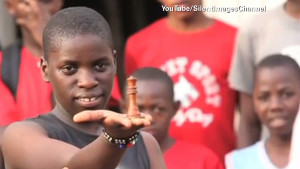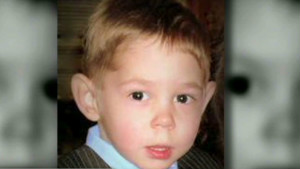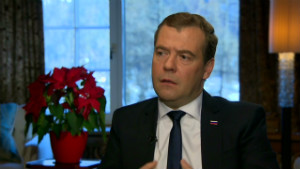(CNN) -- Kenyans vote Monday in the first general election since a disputed vote erupted into ethnic violence five years ago. The clashes left about 1,200 people dead and ended after the formation of a government based on an uneasy coalition between the president and the prime minister.
Incumbent President Mwai Kibaki is not running for re-election, but his partner in the coalition, Prime Minister Raila Odinga, is one of the front-runners.
Why is this election important?
A peaceful vote is crucial to restoring Kenya's reputation as a bastion of stability in the region after the disastrous vote in December 2007.
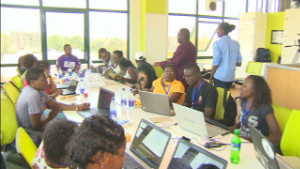
Monitoring Kenya's vote -- digitally
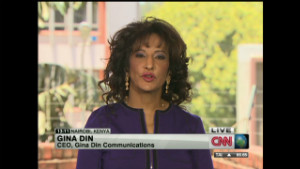
Promoting a peaceful election in Kenya

Exclusive: Uhuru Kenyatta talks to CNN

Kenya's currency concerns
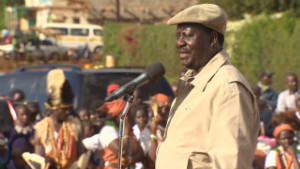
Kenyan PM warns against violence
The last election was a major setback to the nation and its economy, which analysts had predicted was poised for major growth at the time.
As the largest economy in East Africa, Kenya is a crucial trade route into the rest of the continent and provides an important buffer of stability in a region that includes the fledgling Somali government and the politically tense Sudan and South Sudan.
Kenya is also a major U.S. ally in the war against Islamist militants in Somalia, and the international community is hoping the country does not see a repeat of the violence.
What caused the violence in the last election?
Kibaki is a member of the Kikuyu, the largest of the more than 40 tribes in Kenya. Odinga is a Luo, another prominent tribe.
When Kibaki was declared the winner in the 2007 election, Odinga disputed the result, alleging it was rigged. Opposing protesters loyal to each leader took to the streets, escalating into widespread violence fueled by decades of economic frustration and ethnic rivalry. The violence was not limited to the two groups. Other ethnicities joined in and picked sides, adding to the mayhem.
Supporters battled it out using machetes and other crude weapons in the worst violence since the nation gained its independence from Britain in 1963. Hundreds of thousands were displaced, with some still living as refugees in their own country years later.
After more than a month of negotiations, former United Nations chief Kofi Annan mediated a power-sharing agreement in February 2008, signed by both leaders. It created a prime minister's office for Odinga as part of a coalition government.
"Compromise was necessary for the survival of this country," Annan said at the time.
Any changes to the political system since the last election?
The country is working to heal the ethnic tensions that lingered long after the coalition government was formed. It also has a new constitution, an improved judicial system and a more inclusive electoral commission.
The new constitution does away with the prime minister's office, and will be used for the first time this year. It includes an Independent Electoral and Boundaries Commission, which is more diverse, and will be tasked with announcing the official results.
Officials say the new system is more organized and empowers citizens more, encouraging a peaceful vote.
In addition to the system changes, the nation's media council set up rules to help journalists provide objective coverage. In the 2007 election and its aftermath, local radio stations were accused of inciting and spreading hate speech.
To help ensure a legitimate vote, the nation has 22,600 election observers, about 10% of whom are international.
In addition to the changes, those suspected of violence are facing trial at the world tribunal in The Hague, Netherlands.
Political leaders reneged on a deal to set up local courts to try those suspects, forcing the International Criminal Court to step in.
Four top officials suspected of perpetrating violence are facing charges at the court, including two candidates -- Uhuru Kenyatta and his running mate, William Ruto.
What has been done to ensure peace this time around?
Leading up to this election, Kenyans have pledged peace, and candidates held a massive rally in the capital of Nairobi last month and vowed to address any election disputes in court.
Presidential candidates pledged to concede defeat if they lose, and urged their supporters to avoid bloodshed.
Government officials have set up centers to monitor hate speech and any tribal incitement, which was a major cause of violence in the last election.
It has also dispatched thousands of police officers nationwide to boost security, especially in areas most affected in the 2007 election.
In a video message, U.S. President Barack Obama urged Kenyans to put aside tribal rivalries and maintain peace.
"Kenyans have made remarkable progress since the devastating violence that followed the elections five years ago," he said. "Lives and communities have been rebuilt, the economy has rebounded, and Kenyans have peacefully stood together to pass a historic constitution and advance important political reforms.
Though an uneasy calm has returned, Kenyans remain wary.
Some are moving to areas dominated by their own ethnic groups to ensure strength in numbers during the election season.
Though there have been widespread peace efforts, rights groups remain concerned that the underlying issue of tribal rivalry still exists.
Who are the main presidential candidates?
Of the total eight candidates, there are two main front-runners: Uhuru Kenyatta and Raila Odinga, the sons of the nation's first president and vice president, respectively.
Though Kenyatta and Odinga are the main players, there are eight presidential contenders, including veteran politician Martha Karua, who, if she won, would be the first female president in Kenya.
The five others are Musalia Mudavadi, Peter Kenneth, Mohammed Dida, Paul Muite and James Ole Kiyiapi.
What other elections are being held?
In addition to the presidential poll, voters will also pick senators, governors, members of parliament and county representatives -- all under the new constitution.
The nation of about 40 million has a little more than 14 million registered voters.
What happens after the poll?
The winner must get more than 50% of the total votes to avoid a runoff in April. If there is no second round of voting, a new president will be sworn in later this month.



